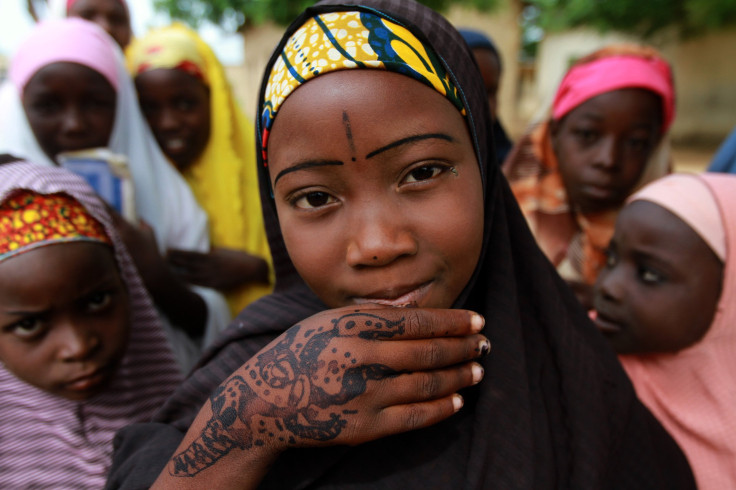Nigerians Debate Hijab Ban After Headscarves Outlawed in Chad

Calls to ban Islamic headscarves in Nigeria have ignited a fierce debate across the African nation, which is grappling with frequent suicide bombings. The discussion comes a week after a suicide bomber veiled by a burqa killed more than a dozen people in neighboring Chad.
Both Chad and Nigeria have faced a series of attacks from Islamist group Boko Haram, which is said to have killed more than 10,000 people since 2009. The recent insurgency has prompted Nigerian President Muhammadu Buhari to replace the nation's military chiefs in hopes of defeating the group.
An informal poll conducted by Nigerian news site Pulse found 68 percent of Nigerians would support a ban on the hijab, a religious scarf which covers Mulim women's head and chest. But Nigeria's highest Muslim group, Jama'atu Nasril Islam, has expressed its disapproval of a proposed ban.
"We are certainly not going to support any ban on the hijab under whatever guise," Khalid Aliyu Abubakar, the group's secretary general, told Worldnet. "The hijab is being blamed as if it were the hijab itself that was carrying out these dastardly acts." Abukajar suggested Nigeria instead adopt more advanced technology for crime detection.
If counties like Chad and Congo amongst other can ban Hijab why can't Nigeria do the same.
— Tim 'O' Tebz (@timotebz) July 13, 2015Others have called for searches of women wearing hijabs, which has also been met with resistance by members of the Muslim community. More than half of Nigeria's population is Muslim.
“It will amount to profiling Muslim women," Ishaq Akintola, a Muslim professor of Islamic Eschatology at the Lagos State University in Nigeria, told the Nigerian newspaper the Punch. "The repercussion will even be graver than we ever expected. Already, the Nigeria elite are discriminating against Muslim women and Muslims generally. Muslims have the right to dress the way they like. Let the security agencies do their work; they know what to do. There is deep intelligence. They should nip conspiracy and plots to bomb in the bud."
Boko Haram militants have increasingly used female suicide bombers in Nigeria, since they are able to smuggle bombs into public places better without detection, according to BBC World News.
“The best thing for now is to place a temporary ban on hijab, not for religious, but security reasons,” Emmanuel Akubor, a historian at Obafemi Awolowo University in Ile-Ife in western Nigeria, told News Agency of Nigeria.
Other Arican leaders have debated religious headscarves in recent months amid growing militant attacks. In May, Congo-Brazzaville banned the burqa and the niqab, a face veil that leaves the area around the eyes open, to combat terrorism, reported Al-Jazeera.
© Copyright IBTimes 2024. All rights reserved.






















